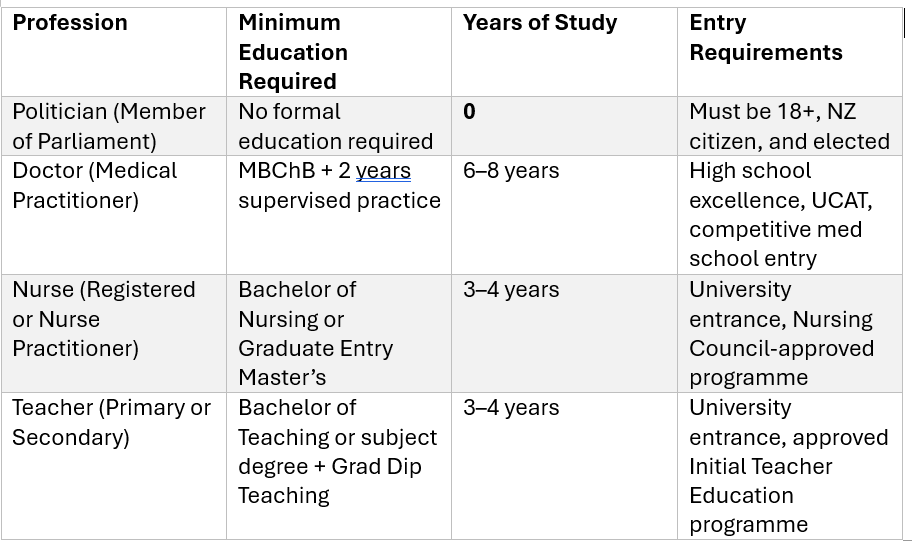As one chapter closed in state, another opened in protest.
On the day New Zealand Aotearoa farewelled Jim Bolger, thousands of workers walked off the job. White lilies marked remembrance for the Former Leader. Placards marked resistance to the current government. This was not just a funeral—it was a reckoning.
We will remember.
The baton is passed.
The work begins:
Today, New Zealand—Aotearoa—grieves twice.
We farewell Jim Bolger—a former Prime Minister respected across Māori and Pākehā communities, whose legacy threads through decades of public service.

For a leader remembered across generations—may your legacy bloom in every act of service that follows.
The Walkout:
And we witness over 100,000 professional workers walk off the job—not in tribute, but in protest. Teachers, nurses, doctors, and allied health staff are striking not for ceremony, but for fairness. For pay that reflects their expertise. For conditions that don’t burn them out. For a government that listens.
But listening, it seems, is a skill left in the past.
Here’s the problem as I see it:
These educated professionals—many burdened by student loans—do some of the most vital work in the country. Yet while they’re told to tighten belts and accept sub-inflation wages, the government does the opposite. Public sector parity with teachers has eroded. Housing remains unaffordable. And overseas recruiters are circling, ready to poach our best.
These aren’t just workers. They’re future voters—as are their patients and students.
They’re watching how this government manages problems—and what kind of leadership shows up when it matters.
Here’s an Idea: Pay Reform That Builds Loyalty
Allow the requested pay increases for qualified professionals.
But if you have a student loan, a percentage of that increase goes directly toward paying it off.
Not as punishment—but as a refusal-coded investment in retention.
Because student loans aren’t just numbers.
They affect your ability to buy a house.
They impact your credit rating.
They add stress to already stretched professionals.
And they drive workers overseas.
Choice one: stay in NZ, accept poor conditions, and chip away at debt.
Choice two: go overseas, earn more, and pay it off faster.
When a doctor says 50% of his graduating class no longer lives in the country,
That’s not just a brain drain.
That’s a failed investment return.
Teachers and nurses tell similar stories.
We need them to want to live here.
To build lives here.
To feel valued—not burdened.
By putting a lump into student loan relief,
We gain loyalty from university graduates.
We give them credit benefits that let them build a life here.
We make staying in Aotearoa a viable, hopeful choice.
Ensure a minimum inflation-adjusted increase including for those without formal qualifications.
Introduce a reward system for those actively working toward certification: +1% for each fully completed and passed year of exams, +0.5% for partial completion (≥50%), capped at the standard timeframe expected to complete the qualification.
🎓 Education Required by Profession (NZ, 2025)

NZ Needs to Work Smarter, Not Harder
And I’m surprised that Chris Luxon—once CEO of Air NZ—doesn’t understand this.
In aviation, when the business thrives, everyone thrives.
After 9/11, some leaders took pay cuts.
During Covid, Qantas execs became baggage handlers.
That’s leadership. That’s solidarity.
While Erica Stanford shows signs of progress, most ministers seem content to ask others to sacrifice while they stay insulated.
That’s not representation. That’s performance.
As a single mum who paid off a student loan, mortgaged her house, and is now out of work—living off savings—I don’t see myself in these leaders.
And having worked and qualified in tech—where I’ve delivered scalable systems, mentored teams, and built backbone into every engagement—I’ve never earned what these politicians are earning.
I don’t see why waffling, deflection, and non-delivery should be rewarded so generously.
Here’s another idea:
It’s time to introduce performance-based pay for politicians.
Tie compensation to delivery, not tenure.
And start mapping skills-based pay across the public sector—so expertise, not popularity, drives value.
Lead Like You Mean It:
If you expect teachers to buy their own classroom supplies,
If you expect nurses to work double shifts without complaint,
If you expect doctors to justify every test,
Then politicians should expect the same scrutiny.
Leadership means leading by example.
Not with perks, but with principle.
Not with credit cards, but with conscience.
One more idea:
Scrap ministerial credit cards.
Make ministers pay upfront and claim it back—like everyone else.
Let them feel the friction.
Let them think twice before booking business class or hosting at a vineyard.
Because just because your party is popular enough to get you into Parliament
doesn’t give you the right to tell educated professionals how to take pay cuts.
This Is a Wake-Up Call
For Labour:
To remember where your roots lay.
To recognise that idealism without delivery is just performance.
For the current government:
To stop listening only to your friends, your family, your circles—
because they’re too small to understand the problem.
To reflect on our leaders of the past.
To learn from their mistakes.
To lead better.
We need to be on track for success.
And that means our Parliament must be representative of the people.
It must stand and achieve something—not just waffle.
If we are to be a successful country,
We need our leaders to lead by example.
To listen to everyone—not just the good stories.
Or we will continue a cycle of ignorance.
We Don’t Need More Politicians. We Need Better Ones.
We need high-performing people in those positions—from all walks of life.
People who’ve built systems, mentored teams, and delivered backbone.
People who understand what it means to earn trust, not just votes.
We need happy doctors, nurses, medical staff, and teachers.
They are the foundations of our youth.
They are the architects of our culture.
And they deserve more than burnout and bureaucracy.
We will remember you.
Kia kaha, NZ.
Let’s build a country that listens, leads, and lasts.

Exposure. The Great unknown.
These are the voyages of Random Circuits, boldly entering the arena of ideas that disrupt, challenge, and transform.
